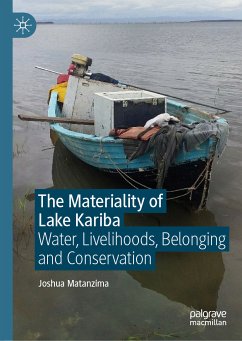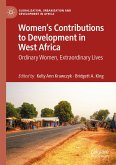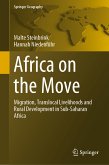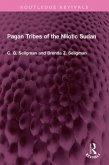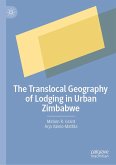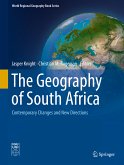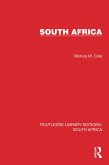Nearly 70 years after Elizabeth Colson and Ted Scudder began their pioneering research on the social and environmental impacts associated with the construction of the Kariba dam, Joshua Matanzima presents us with a 21st century sequel. In rich ethnographic detail, the author tells the stories of the people whose lives are interlinked with this megastructure and its reservoir lake. Of particular interest is the chapter on religious aspects of Lake Kariba, a topic that has received very little academic attention thus far. An important contribution, of interest to any researcher focusing on the past, present and future of large dams. - Dr Christopher Schulz, University of St Andrews, UK.
This book is an exploration of one of the world's largest man-made reservoirs, Lake Kariba, created along the Zambezi River in central Africa. Originally built for electricity generation, as the lake reached its full capacity in 1963 it attracted other socioeconomic activities such as tourism, recreation, fisheries, and conservation. The material properties of the waterscape (including waves, strong winds, water volumes, deities and aquatic species) have shaped these socioeconomic activities since its creation. Community interpretations of the reservoir feature stories of fear, death, income generation, livelihoods, illegal cross-border trade, religion and everyday conflicts with wild animals. Drawing on extended ethnographic research and the author's personal experience growing up around Lake Kariba, this empirically-rich book provides a nuanced discussion of the ways in which the waterscape shapes people's lives and livelihoods. Additionally, the book explores the challenges of sustaining and preserving Lake Kariba's unique ecosystem amidst environmental pressures and competing demands for resources. Readers will gain a nuanced perspective of the significance of the lake, its relationship with neighboring communities, and its evolution over time.
Joshua Matanzima (PhD) is a Research Officer at the University of Queensland, Australia. He has co-edited several books including Lived Experiences of Borderland Communities in Zimbabwe and Tonga Livelihoods in Rural Zimbabwe.
Dieser Download kann aus rechtlichen Gründen nur mit Rechnungsadresse in A, B, BG, CY, CZ, D, DK, EW, E, FIN, F, GR, HR, H, IRL, I, LT, L, LR, M, NL, PL, P, R, S, SLO, SK ausgeliefert werden.
Es gelten unsere Allgemeinen Geschäftsbedingungen: www.buecher.de/agb
Impressum
www.buecher.de ist ein Internetauftritt der buecher.de internetstores GmbH
Geschäftsführung: Monica Sawhney | Roland Kölbl | Günter Hilger
Sitz der Gesellschaft: Batheyer Straße 115 - 117, 58099 Hagen
Postanschrift: Bürgermeister-Wegele-Str. 12, 86167 Augsburg
Amtsgericht Hagen HRB 13257
Steuernummer: 321/5800/1497
USt-IdNr: DE450055826
Bitte wählen Sie Ihr Anliegen aus.
Rechnungen
Retourenschein anfordern
Bestellstatus
Storno

